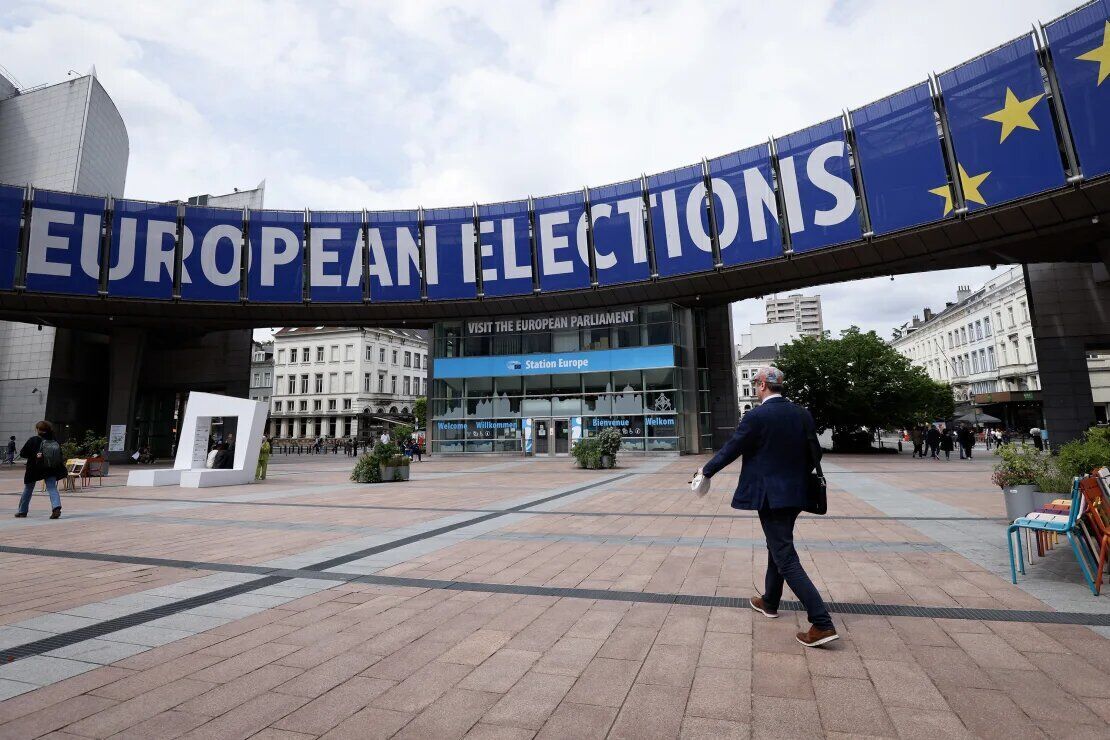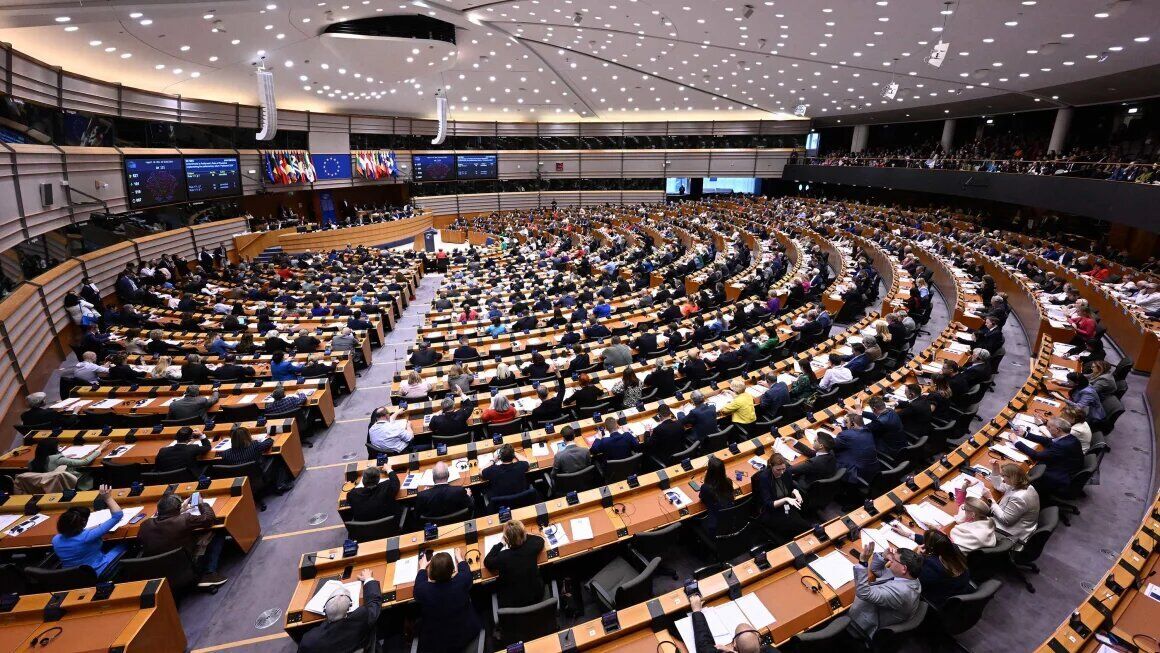World
The first official day of the European Parliament elections has started in the EU: what is known and when will people vote in different countries
On Thursday, June 6, a four-day voting period begins for the European Parliament elections, which cover all 27 EU member states. At this stage, 720 members will be elected to the EU legislative body.
How do the elections work?
The voting will last until June 9, with the main election day, June 6, only in the Netherlands. There, polling stations will open their doors at 7:30 am and will receive voters until 21:00. Some of them are already working from 6 am and even around the clock.
On June 7, polling stations will open in Ireland. Voting in Latvia, Malta, and Slovakia will take place the next day, June 8. In the Czech Republic, polling stations will be active for two days – on Friday and Saturday (June 7-8), while in Italy, voting will continue on Saturday and Sunday (June 8-9).
Another 20 European countries, including Austria, Belgium, Bulgaria, Croatia, Cyprus, Denmark, Estonia, Finland, France, Germany, Greece, Hungary, Lithuania, Luxembourg, Poland, Portugal, Romania, Slovenia, Spain, Sweden, and the United Kingdom, will hold elections to the European Parliament on Sunday, June 9.
In some countries, this voting will take place in parallel with other elections.
However, in many countries, there is an option for early voting, which began at the beginning of the week.
The previous elections were held in 2019. This year, about 373 million Europeans will be able to vote.
Seven pan-European factions will compete for 720 seats in the European Parliament: European People's Party, Progressive Alliance of Socialists and Democrats (S&D), Renew Europe, Greens/European Free Alliance (Greens-EFA), European Conservatives and Reformists (ECR), Identity and Democracy, and the European United Left (GUE/NGL).
Election results
After all the votes are counted, each national political party will be assigned the number of members of the European Parliament according to their share of the vote. Member states must determine how this will be distributed.
Once appointed to the Parliament, MEPs can join a European political party, which allows them to sit in a parliamentary group. These parties and groups are multinational and based on a broad set of shared beliefs. The larger the group, the more influence it has in the parliament.
Election results will start to emerge late Sunday, but the full results will be known on Monday.
What do MEPs do?
The European Parliament meets primarily in Brussels, Belgium, but moves to Strasbourg, France, about once a month. It is the legislative branch of the EU and one of the three main institutions of the bloc – along with the European Commission, which is the executive branch, and the European Council, which includes ministers from the governments of the 27 member states.
It is the only EU institution whose representatives are elected by direct vote, and MEPs pass laws that apply throughout the bloc. The implementation of any law requires the consent of both the Council and the Parliament.
It is the European Parliament that plays a key role in determining the directions of the EU's common policy and in legislating such policy. It will be the members of the newly elected European Parliament who will propose to the EU heads of state and government a candidate for the post of President of the European Commission (the EU's chief executive body) and will participate in the formation of the new composition of this institution with the appropriate distribution among the 27 European Commissioners.
Forecasts for the elections
In terms of absolute numbers, Germany (96 seats), France (81), Italy (76), Spain (61), and Poland (53) will have the most seats in the European Parliament, while Slovenia, Lithuania, Estonia, Cyprus, Luxembourg, and Malta, which will have 6 to 9 seats, will have the least number of deputies.
The latest polls indicate that the European People's Party (EPP) may get 172 seats in the new European Parliament, the Progressive Alliance of Socialists and Democrats (S&D) - 143 seats, and the ECR and ID groups - 75 and 65 seats, respectively. The new "non-aligned" parties are projected to win 57 seats, the European Greens 41 seats, and the European Left 31 seats.
This indicates a general trend of strengthening the right-wing political direction, but at the same time, the European Parliament can continue to remain centrist and defend European values.
Assistance to Ukraine after the elections
It should be noted that the final assessment of the composition of the European Parliament and the distribution of political forces will be possible only after the European elections. But we can already predict that, despite the strengthening of right-wing parties, no sudden changes in EU policy, including support for Ukraine, are expected.
EU leaders and their member states will continue to support Ukraine because Russian aggression is a threat to democracy and stability in Europe. Thus, it is likely that support for Ukraine will remain an important priority for the EU regardless of the composition of the new European Parliament.
As you know, most EU countries are positive about Ukraine and Moldova's membership in the EU. Only Hungary opposes negotiations with Ukraine (they have no complaints about Moldova). Budapest is demanding changes to the draft agreement with Ukraine due to 11 issues related to minority rights, trade, anti-corruption, agriculture, the internal market, and good neighborly relations.
The European Commission is expected to provide the EU ambassadors with verbal information on the progress of both countries in accession reforms. For their part, the EU representatives will make a political decision on Friday, June 7, on a positive response to the question of the start of accession negotiations.
As reported by OBOZ.UA, the European Commission approved the negotiation framework for Ukraine's accession to the EU back in March. Now this proposal should be considered by the EU Council, which is why the EU countries have appealed to Belgium.
Only verified information is available on the OBOZ.UA Telegram channel and Viber. Do not fall for fakes!





























